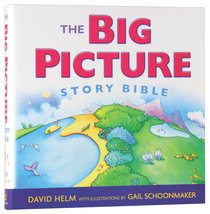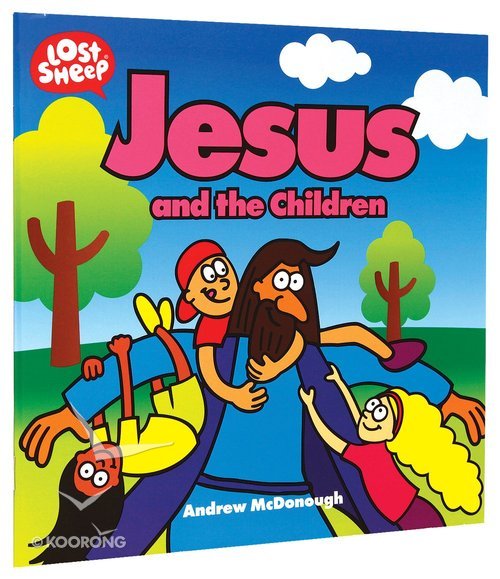Bible time: a doorway to discovery.
I’ve been reading a new Bible story book with my youngest child. It’s beautifully illustrated, peppered with questions to stimulate discussion and he’s really enjoying it. We’ve progressed through a variety of story Bibles over the past few years, some I love (like The Big Picture Story Bible) and some I don’t. But I’ve found that using a variety of Bible resources for children can act as a doorway to discovery for me and my child around issues of faith. 
You see, Bible time – although traditionally part of our family bed-time routine – doesn’t finish when the book is shut and the prayers are said. It continues in various conversations at all times of the day, and using a variety of Bible story books highlight different aspects of God’s story, raising questions and opportunities for growth. Like, yesterday on the way to the dentist, my son piped up from the back of the car with questions about sin and God’s plan for Adam and Eve. These questions obviously arisen from his thoughts around the particular Bible book we are using at the moment.
I find it so easy for us as parents, grandparents or teachers to assume that, because we understand the full implications of a particular Bible story, the children we share it with will also. We forget that we’ve heard the same story over and over, many times. And had years to grapple with difficult concepts. Our children are sometimes only exposed to Biblical truth in the Bible story times we provide them with, and by using several different versions or presentations of the same story we can naturally increase opportunities for questioning, conversation and understanding.
 But we must also be ready to respond to these questions, and always available for faith related conversation (1 Peter 3:15). These conversations and questions can reveal false beliefs, misconstrued understandings of things we may have previously attempted to explain, and show where our children are in their journey towards knowing God. It is crucial that our attitude to these questions and conversation times is one of enthusiasm. I always try to respond to a child’s questions about faith with an answer like, ‘That’s a really good question, shows you’ve been thinking about things.‘ It is important that children grow up not being ashamed of their lack of understanding, but looking forward to ‘working out’ what it means to be saved. Often a questioning, humble approach to learning about God can be even better than knowing all the ‘right answers’ – even for grown-ups.
But we must also be ready to respond to these questions, and always available for faith related conversation (1 Peter 3:15). These conversations and questions can reveal false beliefs, misconstrued understandings of things we may have previously attempted to explain, and show where our children are in their journey towards knowing God. It is crucial that our attitude to these questions and conversation times is one of enthusiasm. I always try to respond to a child’s questions about faith with an answer like, ‘That’s a really good question, shows you’ve been thinking about things.‘ It is important that children grow up not being ashamed of their lack of understanding, but looking forward to ‘working out’ what it means to be saved. Often a questioning, humble approach to learning about God can be even better than knowing all the ‘right answers’ – even for grown-ups.
Which Bible story books have you found helpful encouraging children to think and talk about faith?

Great post, Penny. I love your response to when kids ask you a question. What a wonderful way to encourage learning. Good job!
Thanks, Linda. 🙂
This is a wonderful post, Penny! I shared it on my author page.
Thanks, Diane. I hope other parents, grandparents etc find it helpful. 🙂